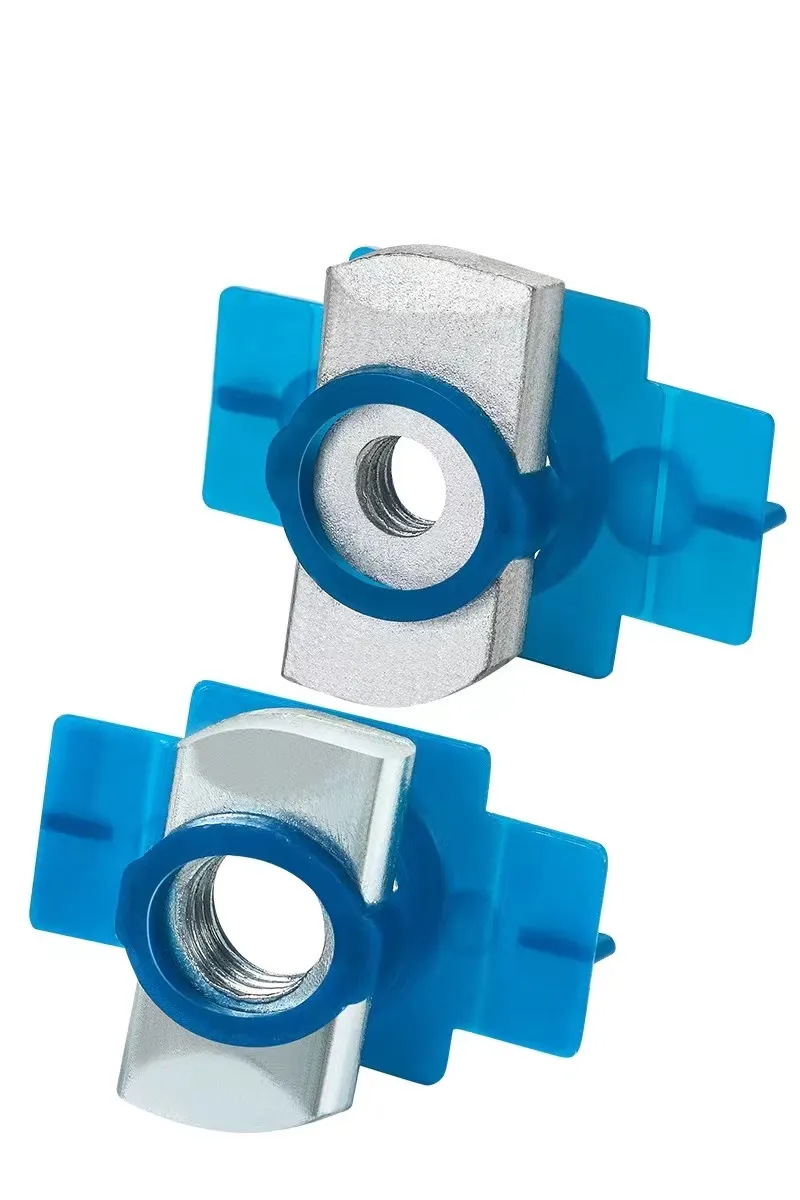

stainless steel nuts
Nov . 21, 2024 09:27 Back to list
stainless steel nuts
The Importance of Stainless Steel Nuts in Modern Applications
In the realm of construction, manufacturing, and various industrial applications, the significance of fasteners cannot be overstated. Among these fasteners, stainless steel nuts hold a pivotal role, providing essential functionality across numerous sectors. From automotive to aerospace and machinery to furniture, stainless steel nuts are vital to the integrity and reliability of countless structures and devices.
What Are Stainless Steel Nuts?
Stainless steel nuts are fasteners designed to be paired with bolts, screws, or threaded rods to secure various components together. Made from stainless steel—a corrosion-resistant alloy of iron, chromium, and other elements—these nuts offer superior durability and longevity, making them ideal for applications where exposure to moisture or harsh environments is common. The unique properties of stainless steel, including its resistance to rust and oxidation, enhance the performance of nuts in various conditions.
Applications of Stainless Steel Nuts
1. Construction In the construction industry, stainless steel nuts are essential for ensuring the structural integrity of buildings, bridges, and other infrastructures. They are used extensively in securing steel beams, columns, and frames. Their ability to withstand atmospheric corrosion and extreme temperatures makes them a preferred choice for outdoor applications.
2. Automotive Industry The automotive industry heavily relies on stainless steel nuts for assembling vehicles. From securing engine components to fastening exhaust systems, these nuts contribute to the durability and safety of vehicles. Given the exposure to oil, chemicals, and weather elements, stainless steel nuts ensure that the vehicles remain functional and reliable over time.
3. Marine Applications The marine industry is another area where stainless steel nuts are indispensable. Boat and ship manufacturers prefer stainless steel due to its exceptional resistance to saltwater corrosion. Fastening components like railings, hull fittings, and deck hardware with stainless steel nuts ensures that the integrity of the structure is maintained even under harsh oceanic conditions.
4. Electronics In the electronics sector, stainless steel nuts are often used in assembling various devices and appliances. Their non-magnetic properties make them ideal for sensitive electronic equipment where magnetic interference can cause malfunctions.
stainless steel nuts

5. Food and Pharmaceutical Industries The food processing and pharmaceutical industries require stringent hygiene standards. Stainless steel nuts, with their non-reactive and easy-to-clean surfaces, are widely used in machinery and equipment utilized for food processing and pharmaceutical manufacturing. Their resistance to corrosion and staining helps maintain hygiene and product safety.
Advantages of Using Stainless Steel Nuts
1. Corrosion Resistance One of the primary advantages of stainless steel nuts is their resistance to corrosion. Unlike conventional steel nuts, which can rust and degrade over time, stainless steel remains robust in various environmental conditions.
2. Durability Stainless steel nuts are not only resistant to corrosion but are also resilient against other forms of wear and tear. This durability translates to a longer lifespan, reducing the need for frequent replacements and maintenance.
3. Aesthetic Appeal For applications where appearance matters, stainless steel nuts offer a clean, polished look that can contribute positively to the overall design of products, especially in consumer goods and furniture.
4. Recyclability Stainless steel is a recyclable material, making it an environmentally friendly choice. Using stainless steel nuts contributes to sustainability efforts in manufacturing and construction, aligning with modern eco-conscious practices.
5. Versatility Stainless steel nuts come in various sizes and types, from hex nuts to wing nuts to nylock nuts. This versatility allows them to be used in a wide range of applications, accommodating different design requirements.
Conclusion
The application of stainless steel nuts is vast and multifaceted. Their superior properties ensure that they meet the demands of various industries while maintaining structural integrity and aesthetic appeal. As technology advances and new materials emerge, the importance of understanding and utilizing stainless steel nuts will continue to grow. For engineers, manufacturers, and designers, choosing the right fasteners is crucial to achieving reliable and efficient outcomes in their projects. The enduring nature of stainless steel nuts makes them an invaluable asset in both current applications and future innovations.
Latest news
-
High-Strength Hot-Dip Galvanized Bolts-Hebei Longze|Corrosion Resistance&High Strength
NewsJul.30,2025
-
Hot Dip Galvanized Bolts-Hebei Longze|Corrosion Resistance&High Strength
NewsJul.30,2025
-
Hot Dip Galvanized Bolts - Hebei Longze | Corrosion Resistance, High Strength
NewsJul.30,2025
-
High-Strength Hot Dip Galvanized Bolts-Hebei Longze|Corrosion Resistance, Grade 8.8
NewsJul.30,2025
-
Hot Dip Galvanized Bolts-Hebei Longze|Corrosion Resistance,High Strength
NewsJul.29,2025
-
High-Strength Hot Dip Galvanized Bolts - Hebei Longze Metal Products Manufacturing Co., Ltd.|corrosion resistance&high strength
NewsJul.29,2025

